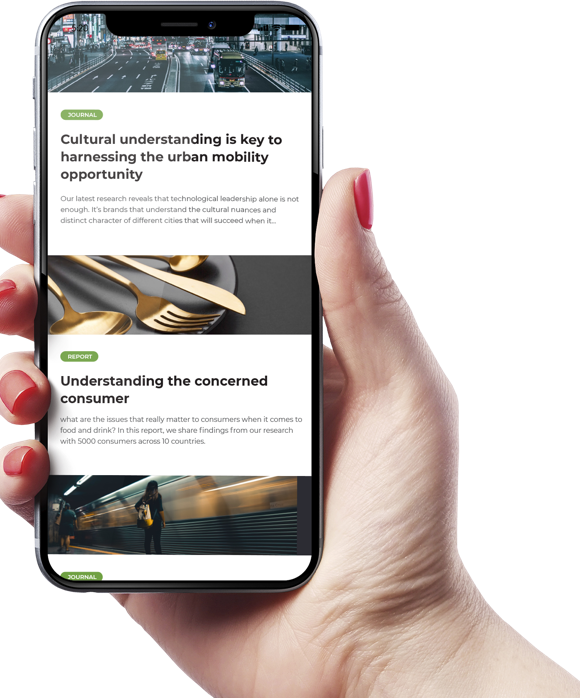Kadence Boston, in partnership with 2020 Research, has been running an online community to understand the impact COVID-19 is having on US consumers. Before we launched this community one month ago, we thought long and hard about whether this was the right thing to do. We didn’t want this research to be perceived as taking advantage of the situation for our own marketing purposes. In the end, we decided to go for it, because we are market researchers and our job is to study, and help our clients understand, consumers. As expected, we are learning a lot, but what we didn’t anticipate was just how much our participants would also benefit from this community.
Participants in our COVID Community have been exceptional, in terms of the level of effort they put into their responses, as well as the time they have put into reading and responding in thoughtful, considerate ways to other participants’ posts. We expected participation in the community to be slightly more active than normal, given how many Americans are out of work and staying home due to COVID-19, but we’ve been overwhelmed by the amount of commitment and involvement we’ve seen.
After nearly everyone enthusiastically accepted our invite to extend the community into a third week, we decided to ask what they like about being part of this community. Their responses verify many of the benefits of communities and other online qualitative research methods, not only for researchers but also for research participants.
- Expressing thoughts and feelings in writing requires greater introspection and thought, which fosters deeper levels of insight.
“By recording how I’m feeling or what I did today, I’m able to see patterns of behavior and thought in myself. I also like having questions that make me think of months ahead since that’s been tough to really visualize lately.”
– Abby, NYC
- Being remote and not knowing other participants provides enough anonymity where people feel they can be more open and honest than they might be with their usual circle of friends and family.
“Feel a bit freer to speak my mind on some subjects more honestly. With family or friends, it can be more difficult if they are having a hard time now or have very strong opinions that vary from mine.”
– Ralph, LA
Get regular insights
Keep up to date with the latest insights from our research as well as all our company news in our free monthly newsletter.

- It can be difficult to navigate COVID-19 conversations with friends and family without venturing into polarizing issues, like politics. In highly emotional times like now, communities can provide a therapeutic outlet for consumers to express their thoughts and feelings without fear of damaging relationships. This would also be the case when researching a sensitive, personal topic.
“It’s therapeutic to share [my opinion] without having to hear an argument about why I may be wrong.”
– Patrick, LA
- Like our obsession with reality TV, we enjoy sneaking a peek into the daily lives of others. Through the community, consumers can see how others are living and coping through COVID-19, which can be reassuring, inspiring, helpful, even entertaining.
“It’s also been so helpful reading everyone else’s responses, tips, tricks and stories. You can really get stuck in a pattern talking to the same types of people in your life.”
– Abby, NYC
- Similarly, consumers are curious to hear first-hand accounts of others’ feelings and perspectives around the country. Exposure to other community members’ written and video responses each day can elicit feelings of connection and empathy. Realizing your similarities, and better understanding your differences, can bring about feelings of comradery and hope.
“It’s also good to walk a mile in someone else’s shoes. Everyone has a different perspective. They look at things from different angles and looking through the responses, you see the different fears. Their different beliefs, the different struggles that people have in how they’re dealing with them.”
– Michael, Chicago
“I was surprised to see that I have more in common with other people in this group than I thought.”
– Diego, Houston
Especially now, at a time when we are craving human connection more than ever, online communities and other online qualitative methods are ideal for understanding consumers’ thoughts, feelings, behaviors, needs, expectations and for exploring new ideas.
If you are interested in learning more about these methods, tune into our webinar on April 15th at midday EDT. It’s not too late to register, just click here.




 Senior Marketing Executive
Senior Marketing Executive Sales & Marketing
Sales & Marketing General Manager PR -Internal Communications & Government Affairs
General Manager PR -Internal Communications & Government Affairs Vital Strategies
Vital Strategies
 Customer Intelligence Director
Customer Intelligence Director